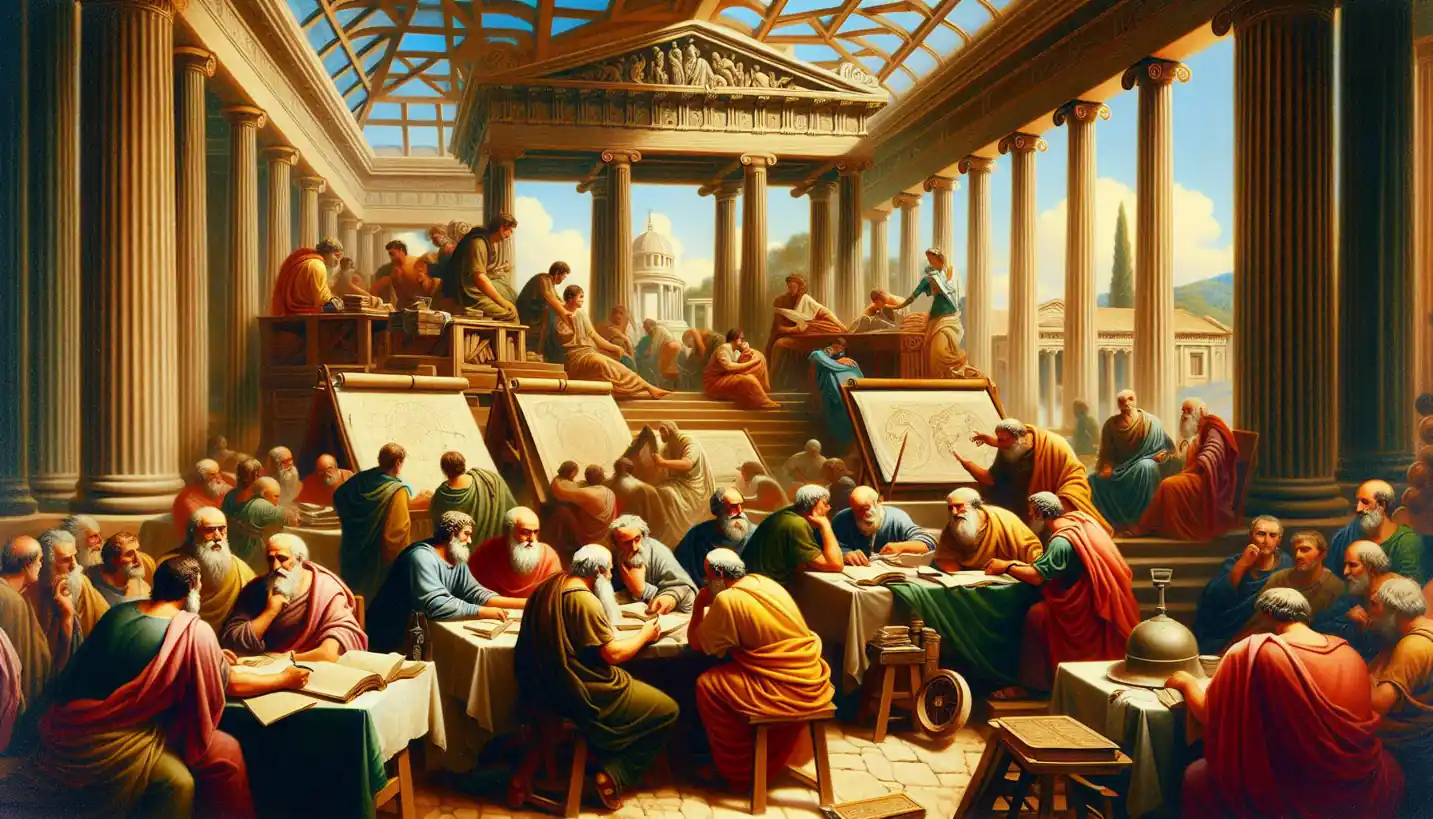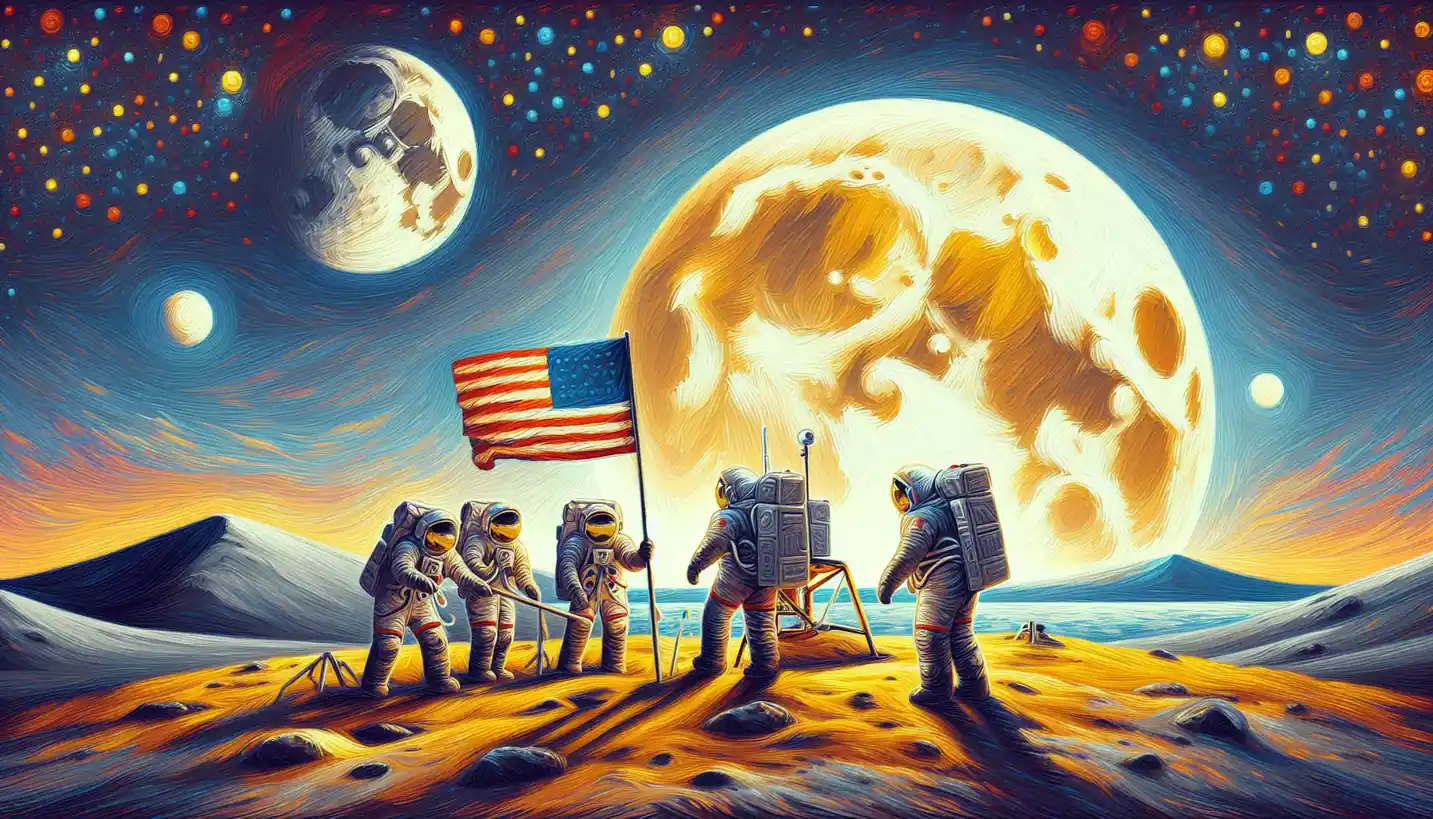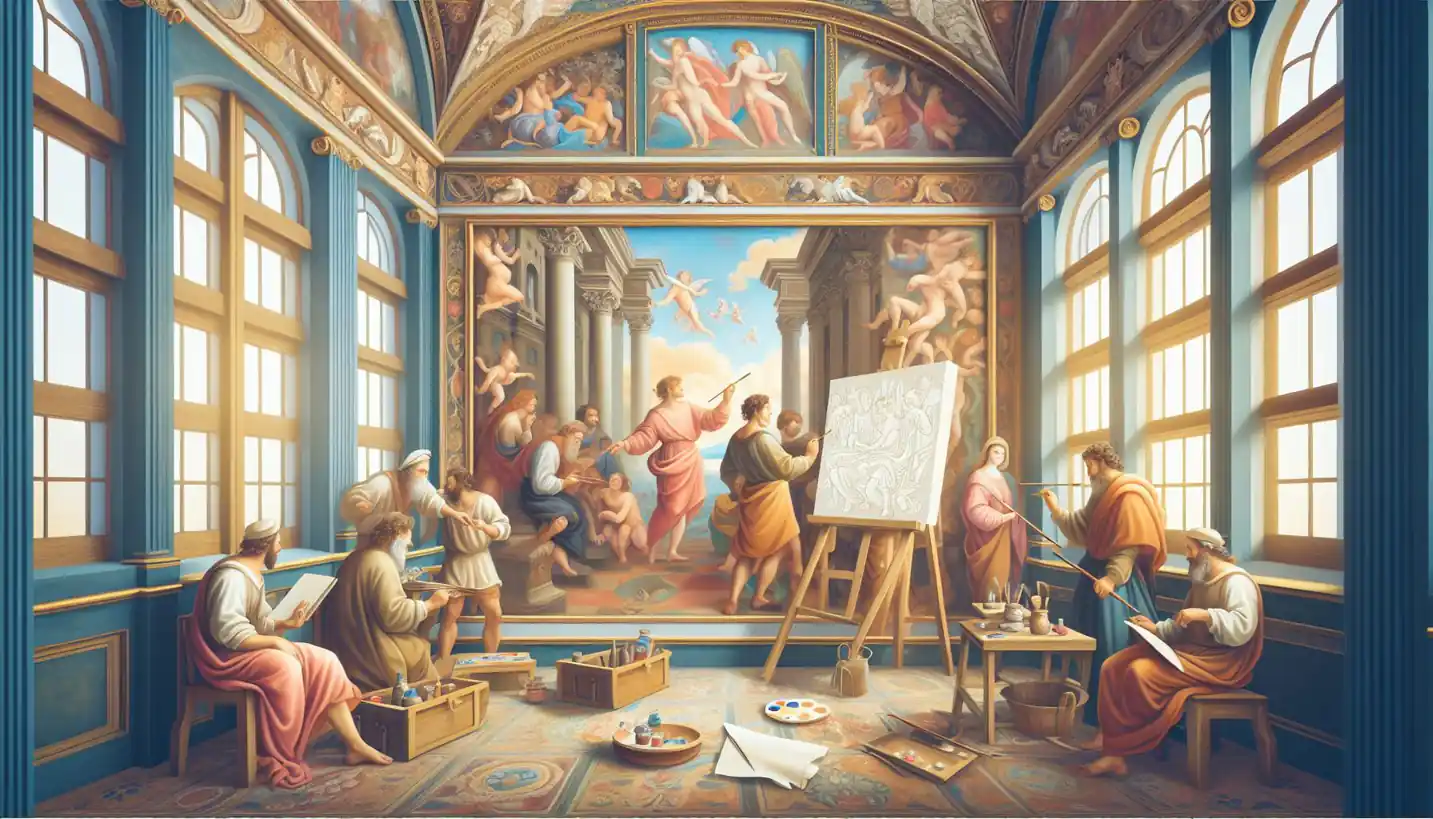· History · 4 min read
Dialectics: Exploring the Dance of Ideas Throughout History
Dialectics explores how ideas evolve through conflict and resolution. Engage with this dynamic dance of thoughts that has shaped intellectual history.

Dialectics is a fascinating journey through the twisting lanes of human thought. It’s like a dance, where different ideas meet, clash, and reshape each other to form new insights. You might wonder, what is dialectics, and why has it captivated thinkers for centuries? Let’s dive into this intellectual waltz and see how it has evolved and influenced various fields.
Dialectics at its core is a method of argument that involves contradictions and their resolution. The idea is that by engaging with opposing viewpoints, one can arrive at a deeper truth. This process has been a cornerstone in philosophy, shaping the way we approach thinking and understanding.
The Ancient Roots of Dialectics: A Conversation in Motion
Let’s start from ancient Greece, where some of the earliest seeds of dialectical thinking were sown. Socrates, famously known for wandering the streets of Athens, engaged people in dialogues, questioning their beliefs and gently guiding them towards self-realization. He didn’t provide answers but rather asked probing questions in a method that would later be coined the Socratic method – a foundational form of dialectical discussion.
Moving from Socrates, his student Plato further developed this method. In Plato’s dialogues, characters engage in discussions examining various subjects, constantly refining their views. This not only demonstrated dialectics but also highlighted its importance in seeking truth.
Hegel and the Evolution of Dialectics
Fast forward to the 19th century, and we meet Georg Wilhelm Friedrich Hegel, a philosopher who gave dialectics an entirely new dimension. Hegel introduced a triadic structure: thesis, antithesis, and synthesis. It’s like a dance where a proposal (thesis) is countered by an opposite idea (antithesis), and through their interaction, a new idea emerges (synthesis).
Hegel’s dialectics were transformational in that they explained how societies evolve. Imagine history as a grand narrative where each era develops through conflicts and resolutions, continuously improving and adapting. Hegel’s work suggested that dialectics not only explained individual reasoning but also the progress of civilizations.
Karl Marx and the Materialist Twist
Marx took Hegel’s dialectics and flipped it on its head, literally. While Hegel was more concerned with ideas, Marx turned his attention to material conditions. He argued that it’s not just ideas but economic forces and relationships that drive societal change. This became known as dialectical materialism.
Marx’s approach was revolutionary at the time. He perceived history as a struggle between classes, where each stage of economic development directly influenced social structures. This thinking paved the way for various social and political movements, impacting history profoundly.
Dialectics in the Modern Context
Today, dialectical thinking extends far beyond philosophy and politics. It’s embraced in psychology, for instance, as dialectical behavior therapy (DBT), which helps people find balance in their thoughts and emotions by recognizing and integrating opposing needs.
Technology and science too are fields where dialectical approaches can lead to major breakthroughs. Picture debates about artificial intelligence, where ethical implications and technological advancements are constantly in conversation, pushing each other towards more refined and balanced outcomes.
The Power of Questions
Dialectics invites us to ponder open-ended questions that fuel curiosity and growth. How can we use dialectical methods to solve current global issues? What kinds of new syntheses might arise from today’s technological and cultural confrontations?
By engaging with contradictions thoughtfully, we can cultivate nuanced perspectives and foster innovation across various spheres of life. This intellectual dance reminds us that answers are often not black and white; instead, the richness lies in exploring the grays.
The Enduring Significance of Dialectics
Dialectics has remained relevant over time because it resonates with our natural curiosity. Its emphasis on dialogue, contradictions, and evolution mirrors our own intellectual journey. In a world filled with differing opinions, dialectical thinking encourages empathy and understanding, empowering us to navigate complexities with grace.
In essence, dialectics is more than a theory or method; it’s a testament to the ever-changing dance of ideas that propel our societies forward. As we continue to explore and debate, may we embrace this dance, ever eager to learn, refine, and grow.



